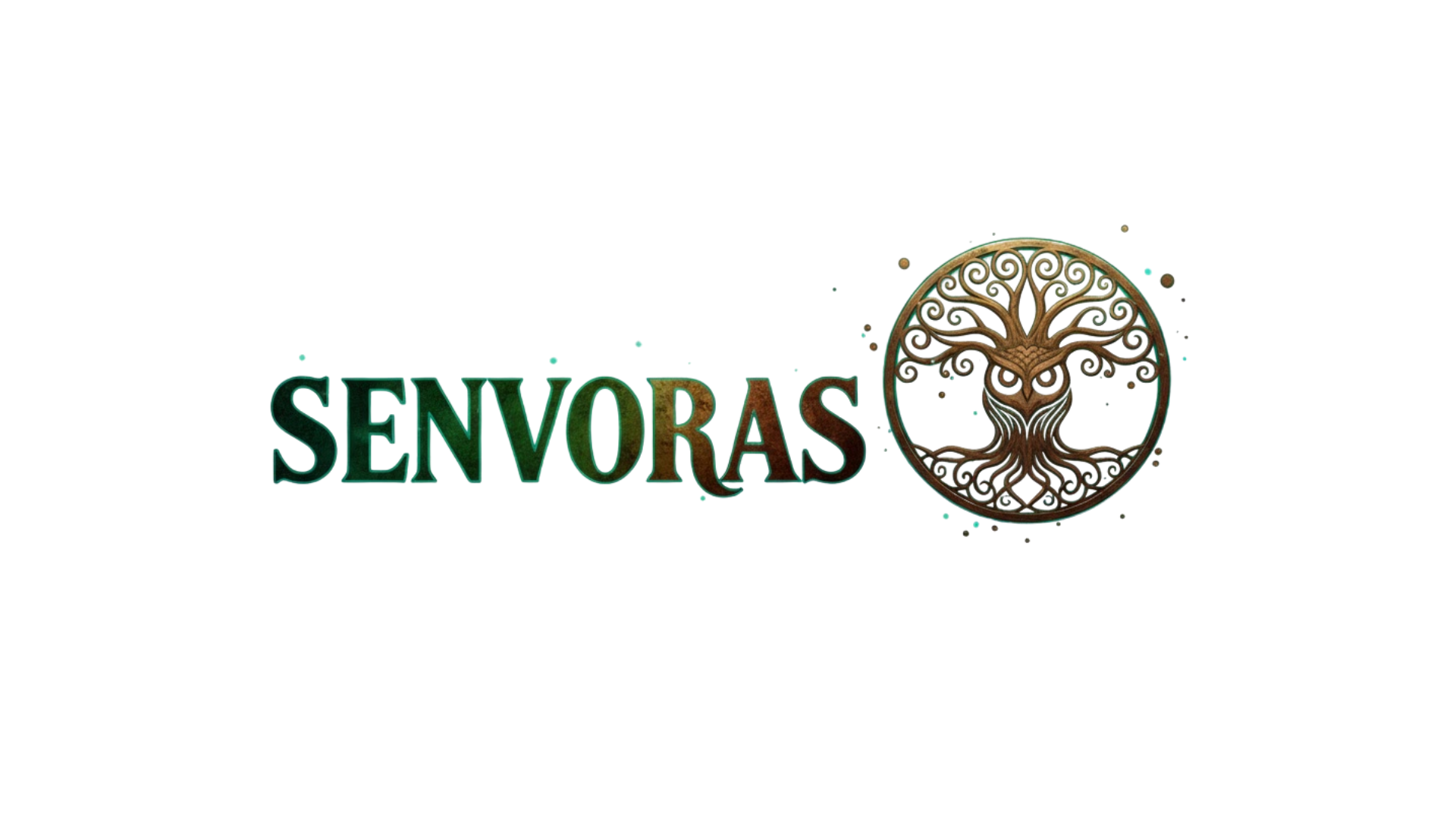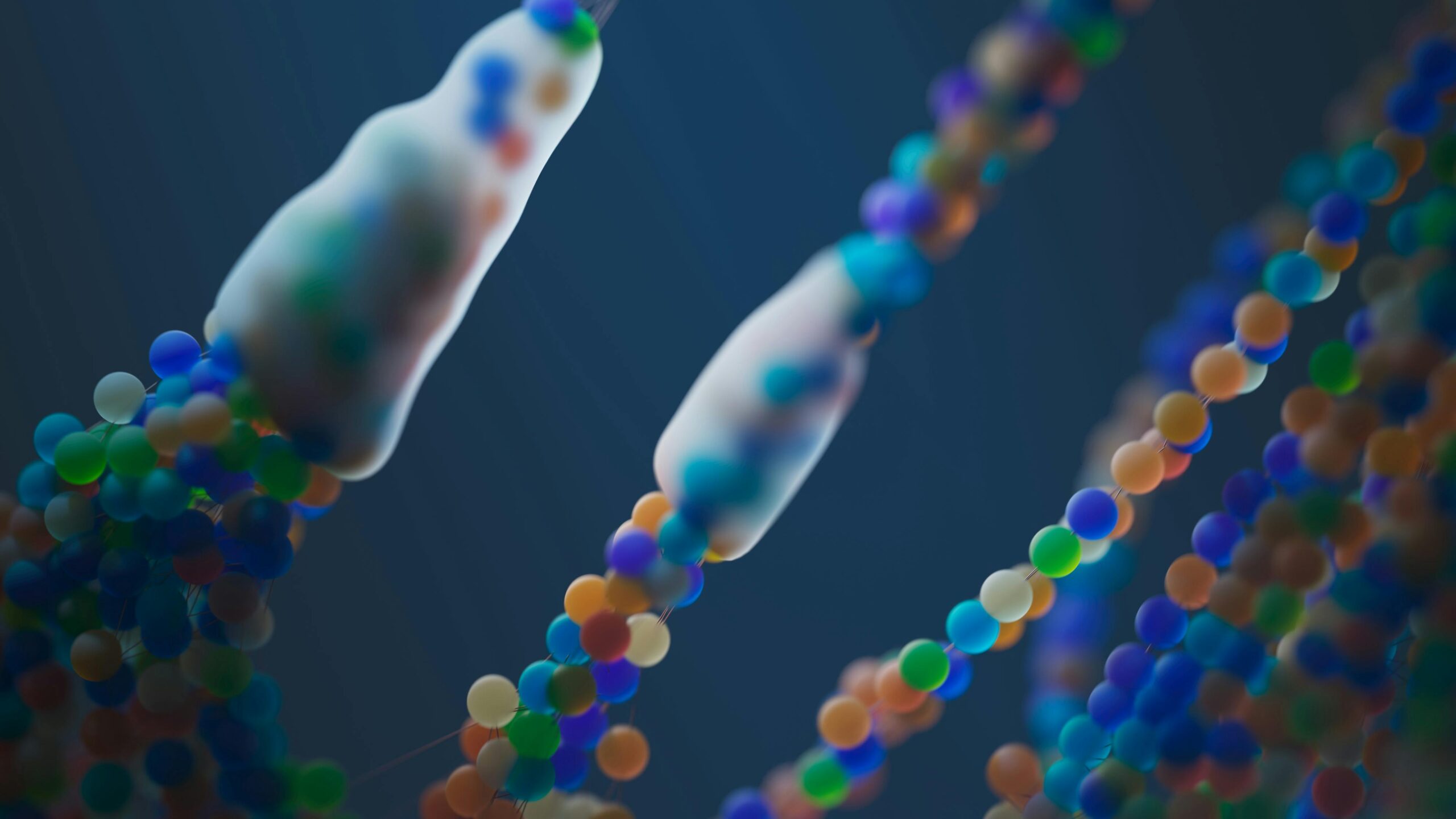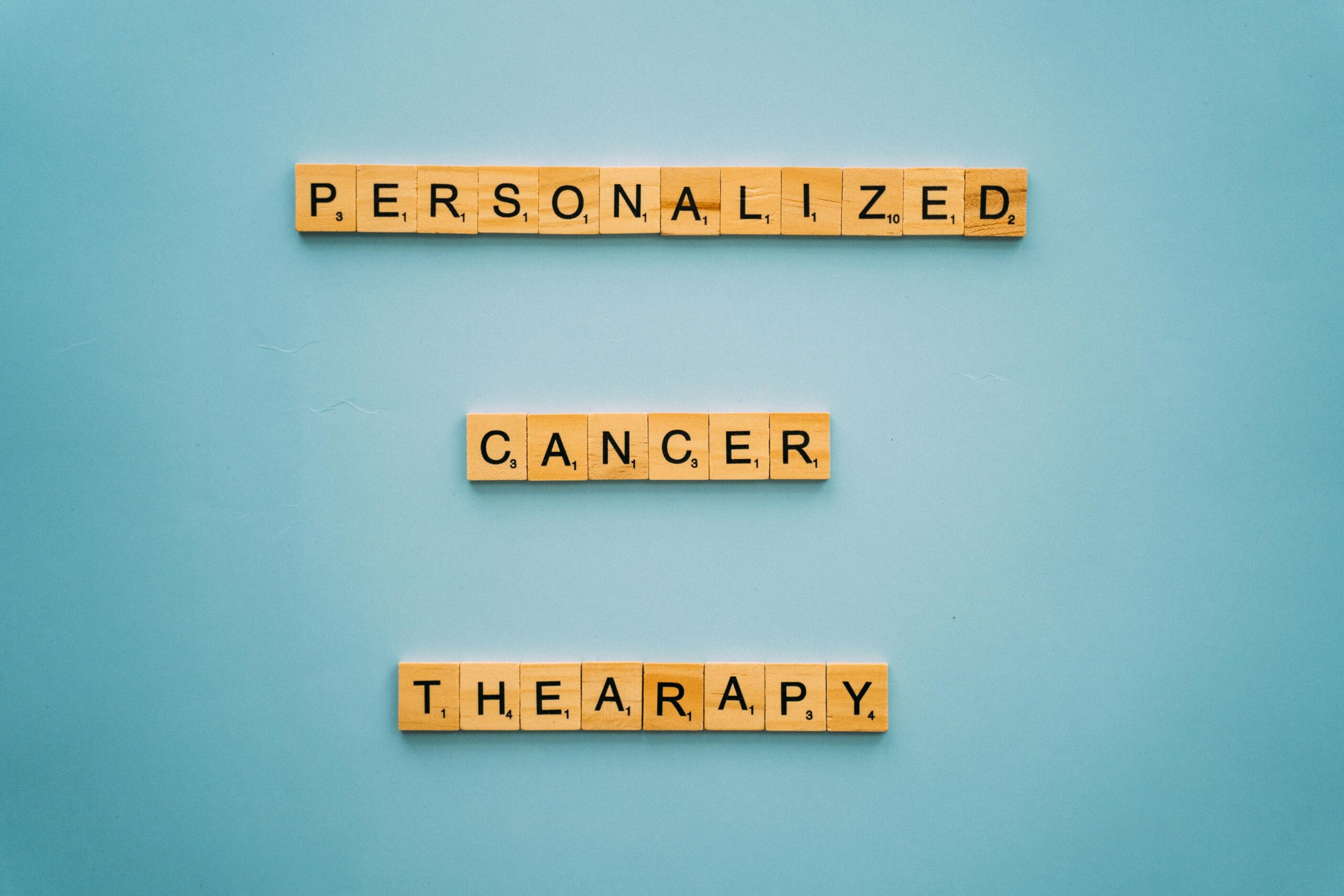Aging gracefully isn’t just about accepting wrinkles—it’s about understanding the invisible forces within your body that determine how you look, feel, and thrive at any age.
The secret to maintaining youthful energy, radiant skin, and vibrant health lies not in expensive creams or extreme diets, but in something far more fundamental: your hormones. These powerful chemical messengers orchestrate nearly every function in your body, from metabolism and mood to skin elasticity and muscle tone. When they fall out of balance, the effects ripple through every aspect of your well-being, accelerating visible signs of aging and draining your vitality.
Understanding hormone balance isn’t reserved for medical professionals or those experiencing severe symptoms. It’s essential knowledge for anyone who wants to maintain their youthful essence, regardless of the number on their birthday cake. The good news? You have more control over your hormonal health than you might imagine, and small adjustments can yield remarkable transformations.
🌟 The Hormone-Beauty Connection You’ve Been Missing
Your skin, hair, energy levels, and body composition are all direct reflections of your hormonal landscape. When hormones like estrogen, testosterone, cortisol, thyroid hormones, and growth hormone exist in proper balance, they work synergistically to maintain cellular regeneration, collagen production, and metabolic efficiency—the hallmarks of youthful vitality.
Estrogen, often called the “beauty hormone,” plays a crucial role in maintaining skin thickness, moisture retention, and collagen synthesis. As estrogen levels decline, particularly during perimenopause and menopause, women often notice their skin becoming thinner, drier, and more prone to wrinkles. But this isn’t an inevitable consequence of aging—it’s a hormonal imbalance that can be addressed.
Testosterone, present in both men and women, contributes to muscle mass, bone density, and that intangible quality we call “drive” or motivation. Low testosterone doesn’t just affect libido; it impacts your ability to build lean muscle, maintain healthy weight, and feel genuinely energized throughout the day.
The Cortisol Cascade: When Stress Ages You Prematurely
Perhaps no hormone has a more dramatic impact on visible aging than cortisol, your primary stress hormone. While cortisol serves essential functions in short-term stress responses, chronic elevation wreaks havoc on your appearance and vitality. Elevated cortisol breaks down collagen, redistributes fat to your midsection, disrupts sleep quality, and accelerates cellular aging at the DNA level.
The modern lifestyle—characterized by constant connectivity, insufficient sleep, processed foods, and perpetual busyness—creates a perfect storm for cortisol dysregulation. This explains why two people of the same chronological age can look dramatically different: one radiant and energetic, the other exhausted and prematurely aged. The difference often comes down to their stress hormone patterns.
💡 Decoding the Signs Your Hormones Are Out of Balance
Your body communicates hormonal imbalances through subtle and not-so-subtle signals. Recognizing these signs early allows you to take corrective action before minor issues become major concerns. Many people dismiss these symptoms as “normal aging” when they’re actually reversible hormonal issues.
- Persistent fatigue despite adequate sleep: Often linked to thyroid dysfunction, adrenal issues, or declining sex hormones
- Unexplained weight gain, especially around the midsection: Typically indicates insulin resistance, cortisol excess, or low thyroid function
- Skin changes including dryness, thinning, or sudden acne: May signal estrogen decline, androgen excess, or thyroid problems
- Brain fog, memory issues, or difficulty concentrating: Connected to thyroid hormones, estrogen, progesterone, and cortisol
- Mood swings, anxiety, or depression: Influenced by estrogen, progesterone, testosterone, and thyroid balance
- Sleep disturbances or insomnia: Often related to cortisol patterns, progesterone levels, or melatonin dysfunction
- Decreased libido or sexual function: Usually indicates declining sex hormones or elevated prolactin
- Hair thinning or loss: Can reflect thyroid issues, androgen imbalance, or nutritional deficiencies affecting hormone production
- Muscle loss despite exercise: Suggests low growth hormone, testosterone, or thyroid dysfunction
If you’re experiencing several of these symptoms simultaneously, your hormones are likely sending distress signals that deserve attention. The encouraging reality is that hormonal imbalances respond remarkably well to targeted interventions.
🍽️ Nutritional Strategies to Restore Hormone Harmony
Food isn’t just fuel—it’s information that directly influences your hormonal messaging system. Every meal you eat either supports hormonal balance or contributes to dysfunction. By understanding which foods optimize hormone production and which disrupt it, you gain tremendous power over your vitality and appearance.
Protein: The Foundation of Hormone Production
Adequate protein intake is non-negotiable for hormone health. Amino acids from protein serve as building blocks for hormone synthesis and help regulate hormones that control appetite and metabolism. Aim for 0.8 to 1 gram of protein per pound of ideal body weight, distributed across your meals. Quality sources include grass-fed meats, wild-caught fish, pastured eggs, and plant-based options like legumes and quinoa for those following vegetarian approaches.
Healthy Fats: Essential for Hormone Synthesis
Your body manufactures steroid hormones (including estrogen, testosterone, progesterone, and cortisol) from cholesterol. Low-fat diets can actually impair hormone production and accelerate hormonal aging. Prioritize omega-3 fatty acids from fatty fish, avocados, nuts, seeds, olive oil, and coconut oil. These fats also reduce inflammation, which interferes with hormone receptor sensitivity.
Cruciferous Vegetables: Natural Estrogen Balancers
Broccoli, cauliflower, Brussels sprouts, and kale contain compounds called indole-3-carbinol and sulforaphane that support healthy estrogen metabolism. These vegetables help your body process estrogen effectively, preventing the accumulation of problematic estrogen metabolites that contribute to hormone-related issues and accelerated aging.
Blood Sugar Balance: The Master Key
Perhaps nothing disrupts hormones more dramatically than blood sugar dysregulation. Constant spikes and crashes in blood glucose trigger excess insulin production, which cascades into cortisol dysregulation, sex hormone imbalances, and accelerated aging. Focus on low-glycemic foods, combine carbohydrates with protein and fat, and consider time-restricted eating to improve insulin sensitivity.
🏋️ Movement Patterns That Optimize Hormone Production
Exercise is a powerful hormone modulator, but not all movement affects hormones equally. The type, intensity, duration, and timing of exercise dramatically influence whether your workouts support or sabotage hormonal balance.
Resistance training stands as the single most effective exercise modality for hormone optimization. Lifting weights stimulates testosterone and growth hormone production, improves insulin sensitivity, and builds metabolically active muscle tissue that supports hormonal health long after your workout ends. Women especially benefit from strength training, as it counteracts the muscle loss and metabolic decline associated with declining estrogen.
High-intensity interval training (HIIT) offers remarkable benefits when used strategically—typically 2-3 times weekly for most people. HIIT boosts growth hormone, improves insulin sensitivity, and enhances mitochondrial function. However, excessive high-intensity training can elevate cortisol chronically, especially when combined with other life stressors or inadequate recovery.
Walking and gentle movement serve critical roles in hormone balance that shouldn’t be overlooked. Daily walks reduce cortisol, improve insulin sensitivity without taxing your recovery capacity, and support the parasympathetic nervous system. Aim for 8,000-10,000 steps daily as a foundation, with more structured exercise layered on top.
Recovery: The Overlooked Component of Hormonal Exercise
Many people sabotage their hormonal health by exercising too intensely, too frequently, without adequate recovery. This pattern elevates cortisol chronically, suppresses sex hormone production, and accelerates aging despite good intentions. Include at least two complete rest days weekly, prioritize sleep over early morning workouts when necessary, and listen to signals like persistent fatigue or declining performance.
😴 Sleep: Your Nightly Hormone Reset
Sleep isn’t simply downtime—it’s when your body conducts essential hormone production and regulation. Growth hormone releases primarily during deep sleep stages. Testosterone production peaks during REM sleep. Cortisol follows a diurnal rhythm that depends on consistent sleep-wake cycles. Disrupting sleep disrupts all of these patterns, accelerating visible and invisible aging.
Most adults require 7-9 hours of quality sleep nightly for optimal hormone function. Quality matters as much as quantity: fragmented sleep or insufficient time in restorative deep and REM stages prevents adequate hormone regeneration even if you’re in bed long enough.
Create a sleep sanctuary by maintaining bedroom temperatures between 65-68°F, eliminating light exposure (including devices), and establishing consistent sleep-wake times even on weekends. Consider magnesium supplementation, which supports sleep quality and helps regulate stress hormones. Blue light blocking glasses worn 2-3 hours before bed can significantly improve melatonin production for those with unavoidable evening screen time.
🧘 Stress Management: Protecting Your Hormonal Foundation
Managing stress isn’t a luxury—it’s a biological necessity for hormone balance and sustained vitality. Chronic stress creates a hormonal environment that prioritizes short-term survival over long-term health, beauty, and energy. Your body literally cannot maintain optimal levels of sex hormones, growth hormone, and thyroid function when cortisol remains elevated.
Effective stress management requires daily practices, not occasional interventions. Meditation, even just 10-15 minutes daily, measurably reduces cortisol and improves hormonal balance. Breathwork practices, particularly extended exhale techniques, activate your parasympathetic nervous system and counteract stress hormone activation. Spending time in nature, maintaining meaningful social connections, and engaging in activities you genuinely enjoy all contribute to healthier stress hormone patterns.
Adaptogenic herbs like ashwagandha, rhodiola, and holy basil have been used for centuries to help the body adapt to stress and maintain hormonal equilibrium. Modern research validates their effectiveness in modulating cortisol patterns and supporting overall hormonal resilience.
🔬 Testing and Tracking Your Hormone Levels
While symptoms provide valuable information, comprehensive hormone testing offers precision that symptoms alone cannot. Working with a qualified healthcare provider who understands functional hormone optimization—not just treating disease—can transform your approach from guesswork to targeted intervention.
Comprehensive hormone panels should assess sex hormones (estrogen, progesterone, testosterone), thyroid function (including TSH, free T3, free T4, and thyroid antibodies), cortisol patterns (ideally through four-point salivary testing), insulin and glucose markers, and vitamin D. These measurements create a baseline and allow you to track improvements as you implement hormone-balancing strategies.
At-home hormone testing has become increasingly sophisticated and accessible, with several companies offering convenient testing kits that measure key hormones through saliva, urine, or finger-stick blood samples. These options make regular monitoring more feasible for those committed to optimizing their hormonal health.
⚡ Targeted Supplementation for Hormone Support
While food should always form the foundation, specific supplements can powerfully support hormone optimization when used appropriately. Consider these evidence-based options based on your individual needs and in consultation with a healthcare provider:
Vitamin D3: This hormone-like vitamin influences numerous aspects of hormonal health. Most people benefit from 2,000-5,000 IU daily, with dosing adjusted based on blood levels.
Omega-3 fatty acids: EPA and DHA from fish oil support healthy inflammation levels, improve insulin sensitivity, and provide building blocks for hormone production. Aim for 2-3 grams combined EPA/DHA daily.
Magnesium: This mineral supports over 300 enzymatic reactions, including those involved in hormone production and stress response. Glycinate and threonate forms are particularly well-absorbed.
Zinc: Essential for testosterone production, thyroid function, and immune health. Many people, especially those following plant-based diets, benefit from 15-30 mg daily.
B vitamins: Particularly B6, B12, and folate support energy production, neurotransmitter synthesis, and methylation processes critical for hormone metabolism.

🌈 The Age-Defying Power of Hormone Balance
When your hormones exist in proper balance, the effects extend far beyond laboratory values. Your skin regains its luminosity and resilience. Your energy stabilizes at higher levels throughout the day. Your body composition shifts toward lean muscle and away from stubborn fat deposits. Your mood brightens and stabilizes. Your sleep deepens and becomes more restorative. Your mental clarity sharpens. Your libido returns. These aren’t separate improvements—they’re interconnected expressions of hormonal harmony.
The journey to hormonal balance isn’t about perfection or rigid protocols. It’s about understanding the fundamental principles that govern your body’s chemical messaging system and making consistent choices that support rather than sabotage these delicate processes. Small adjustments compound over time, creating dramatic transformations that others will notice but may not be able to explain.
Perhaps most importantly, optimizing your hormone balance shifts your relationship with aging itself. Rather than viewing each birthday with dread, you recognize that chronological age and biological age are different metrics—and you have significant control over the latter. You’re not fighting against your body or trying to reverse time; you’re working with your physiology to express your most vital, energetic, and youthful self at any age.
The power to unlock youthful vitality doesn’t require expensive treatments, dangerous procedures, or pharmaceutical interventions for most people. It requires knowledge, consistency, and a commitment to treating your body as the sophisticated biochemical system it is. Your hormones are waiting to support your radiance, energy, and ageless beauty—you simply need to create the conditions that allow them to do so.
Start today with one or two changes from this article. Perhaps you’ll prioritize protein at breakfast, add a daily walk, or establish a consistent sleep schedule. These seemingly simple adjustments send powerful signals to your hormonal system, initiating a cascade of positive changes that accumulate over weeks and months. Your future self—vibrant, energetic, and radiantly healthy—will thank you for the investment you make today in understanding and optimizing your hormone balance. ✨
Toni Santos is a longevity writer and regenerative medicine researcher dedicated to exploring how biology, technology, and ethics can extend healthspan. With a focus on cellular repair and anti-aging biotechnology, Toni examines how next-generation therapies translate lab breakthroughs into real-world vitality. Fascinated by stem cell science, telomere dynamics, and systems biology, Toni’s journey bridges research reviews, expert interviews, and clear public communication. Each article he shares aims to separate evidence from hype—helping readers understand what’s promising, what’s premature, and what truly supports long-term health. Blending molecular biology, clinical insight, and accessible storytelling, Toni investigates interventions that target the root drivers of aging. His work honors responsible innovation—prioritizing safety, transparency, and human wellbeing in the pursuit of extended healthspan. His work is a tribute to: Anti-aging biotechnology grounded in rigorous evidence Cellular rejuvenation pathways that restore function and resilience Stem cell and telomere research advancing ethical longevity care Whether you’re a clinician, researcher, or health enthusiast, Toni Santos invites you to explore the frontiers of regeneration—one discovery, one mechanism, one healthier year at a time.




